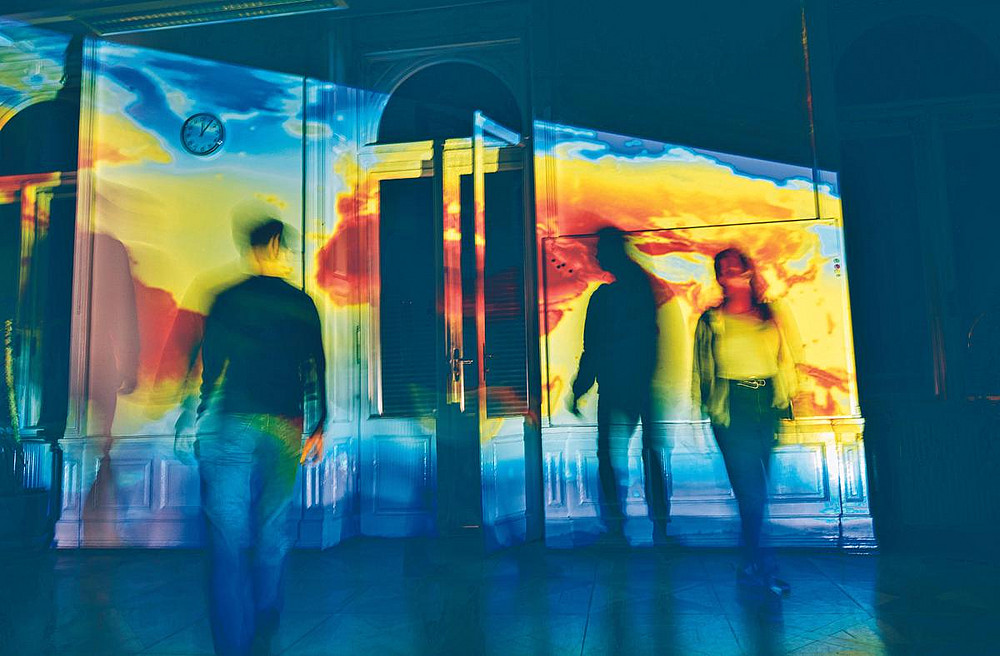Neural basis of subjective visual experience
Investigation of the interaction of sensory organs and cognitive influences
Project Leader: Dr.rer.nat. Natalia Zaretskaya
Team: Ana Arsenovic, MSc.; Adam Coates, MSc. & Marilena Wilding, BSc., MSc
Our subjective experience of the outside world results from an interplay between the information our sensory organs and top-down influences such as our knowledge and experience, our behavioral priorities, and our expectations. For efficient perception, these two types of influences must be well balanced. A loss of this balance can lead to perceptual errors and, in extreme cases, to hallucinations, which may be caused by an excessive influence of the top-down processes. It is important to understand how our top-down influences transforms sensory information into subjective experience.
In order to investigate the neural mechanisms of subjective visual experience in this project, we will apply a new approach. We will show visual images that are identical in their sensory information but can be perceived either as a simple collection of elements or as an illusion of a figure. This approach is ideal for examining the neural bases of subjective experience, because there is no objective change in sensory information, only in the subjective experience of this information. In addition, changes in subjective perception without changes in sensory information are comparable to hallucinations.
Using advanced fMRI methods, we will determine which anatomical and functional characteristics of the brain are responsible for making people perceive the illusions. This work will help us to understand the neural mechanisms of subjective visual experience in the healthy brain. We will then use the knowledge gained from the study of healthy individuals to determine how the disruption of these mechanisms can lead to hallucinations.
This project will promote our understanding of the relationship between brain activity and the mind. It may also be useful in developing therapeutic strategies for the treatment of hallucinations.
